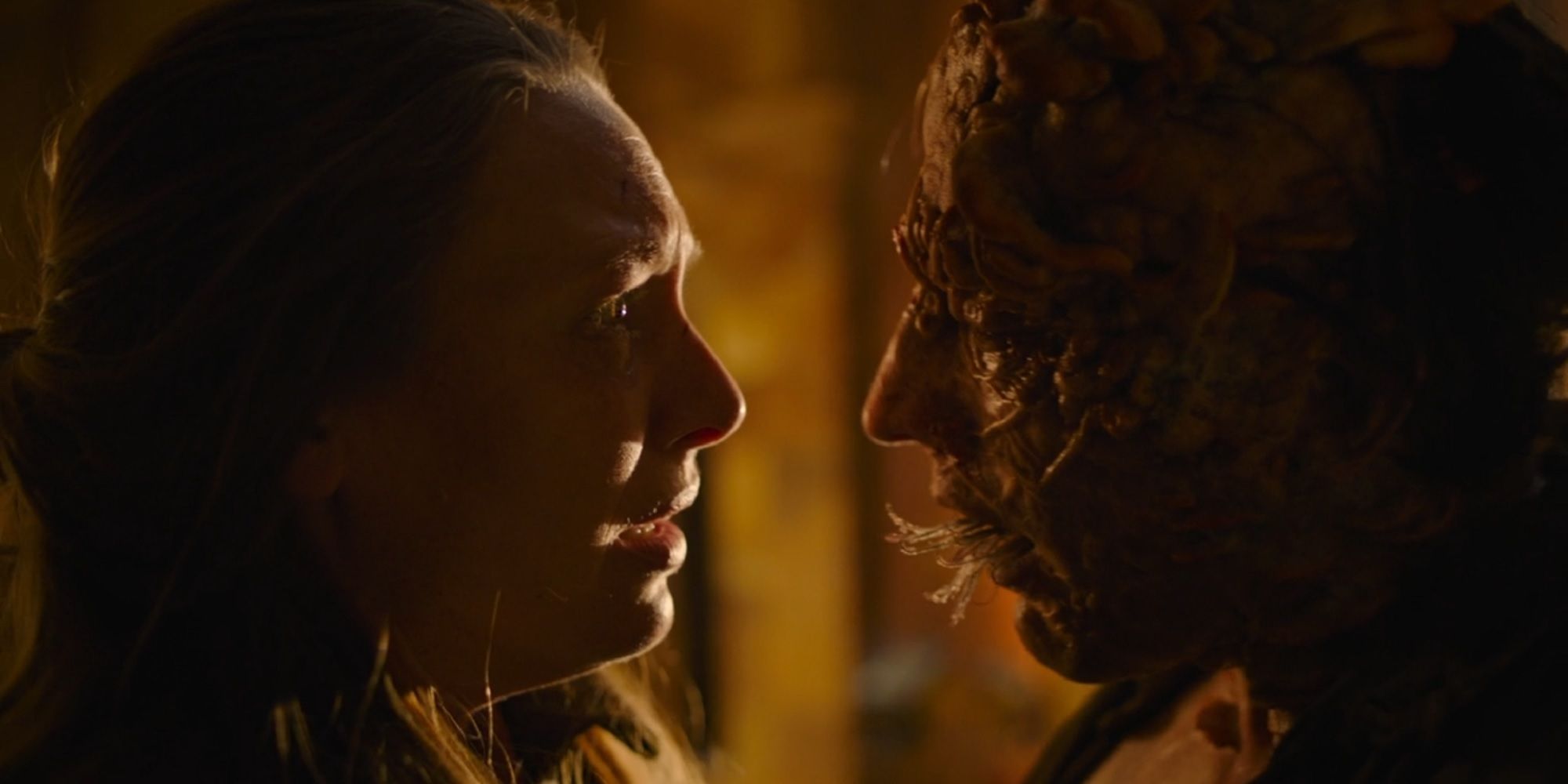HBO’s The Last Of Us Has Given Me ‘Death Fatigue’
This piece talks about major plot developments and deaths up to Episode 7 of HBO’s The Last of Us, and hints at a major event that happens in the game that’s not yet happened in the show.
Whether through the comfortable medium of TV or video games, or in real life, if you get exposed to something too much, you become numb to it (just ask The Last of Us lead man Joel). The shock if an ice-cold shower eventually dissipates if you do it every day, the jump-scares of a horror game start to lose their effect once they’ve tried ‘getting you’ too many times. In much the same way, after seven solid episodes, the seemingly inevitable deaths of quickly built-up then quickly disposed-of characters in HBO’s The Last of Us are starting to lose their emotional impact.
Quite simply, by the end of Episode 7, Left Behind, I’ve become inured–overly accustomed to the inevitability of death in The Last of Us.
Now, you could argue that that’s the point, idiot. The Last of Us is set in one of the cruelest, harshest fictional worlds ever depicted on television–a world in which premature, terrible, usually fungus-related, death is so inevitable that you either become numb to it, or you go mad. Joel and Ellie are cases in point–both deeply cynical, the former dealing with the horror of it all through dour detachment, while the latter treats death with humour and brilliantly-observed teenage snark. By putting us through these endless vignettes of swift characterisation and swift death with characters like Tess, Bill and Frank, Henry and Sam, and now Riley in Episode 7 (not to mention the fact that Episode 6 ends with Joel’s death that it then fakes out of in the next Episode), you could argue that show imbues us with some of the numbness and despair of this world.
But that’s not really how TV drama works, and it’s clear that everything in the excellent writing, the performances, the general creative excellence of the show that’s garnered it so much praise, wants us to care.
So when at the end of Episode 5, I burst out laughing when Ellie’s deaf friend Sam became infected and launched himself at her from the edge of the bed, then shrugged with casual resignation after Henry shot Sam (his own brother), and subsequently himself, I knew that something had gone wrong. The Bill and Frank episode nigh-on brought me to tears, Tess’ death made me shriek in frustration, but now I’m laughing and brushing off death like it’s nothing? What kind of a monster have I become?
Now, to be fair, the Sam death was tied into a jumpscare, and jumpscares always make me giddy with delight, so it could’ve been that that lessened the emotional impact. But my death-apathy carried through to Episode 7, which is dedicated to a flashback showing Ellie and her friend Riley spending a magical night running around an abandoned shopping mall. Just as their friendship blossoms into ‘something more’ towards the end of the episode, everything is cruelly ripped away from them when they get attacked by an oddly solitary Infected hanging out in the mall. The death of a relevant character in this world has become like a catchphrase in a 90s sitcom; it’s like a miserable version of Seinfeld’s “Hello, Newman”‘; it’s Kel blurting out ‘Ahh, here it goes!’ in Kenan & Kel; it’s inevitable, and like every catchphrase, it can’t hold its power forever.
Episode 7 is a teary, weighty episode that has plenty of parallels to the Bill-and-Frank sequence. In fact, it’s imbued with even more tragedy, because while there was a note of melancholy optimism in the fact that Bill and Frank managed to carve a loving, almost idyllic, life out for themselves against all the odds, Ellie and Riley get brutally deprived of the opportunity for any kind of life together. They had one night in the mall, where Bill and Frank had 15 years–safe to say that the latter had a good run, given the state of things.
And yet, due to over-familiarity, I found it much easier to *ahem* leave Riley’s death behind than I did Bill and Frank’s. While every single episode of The Last of Us is beautifully paced, its rhythm of death has become too predictable, causing me to ‘check out’ of its steady succession of tragedies. The show would do well to ease up a little bit if it’s to make death feel meaningful when it matters most.



